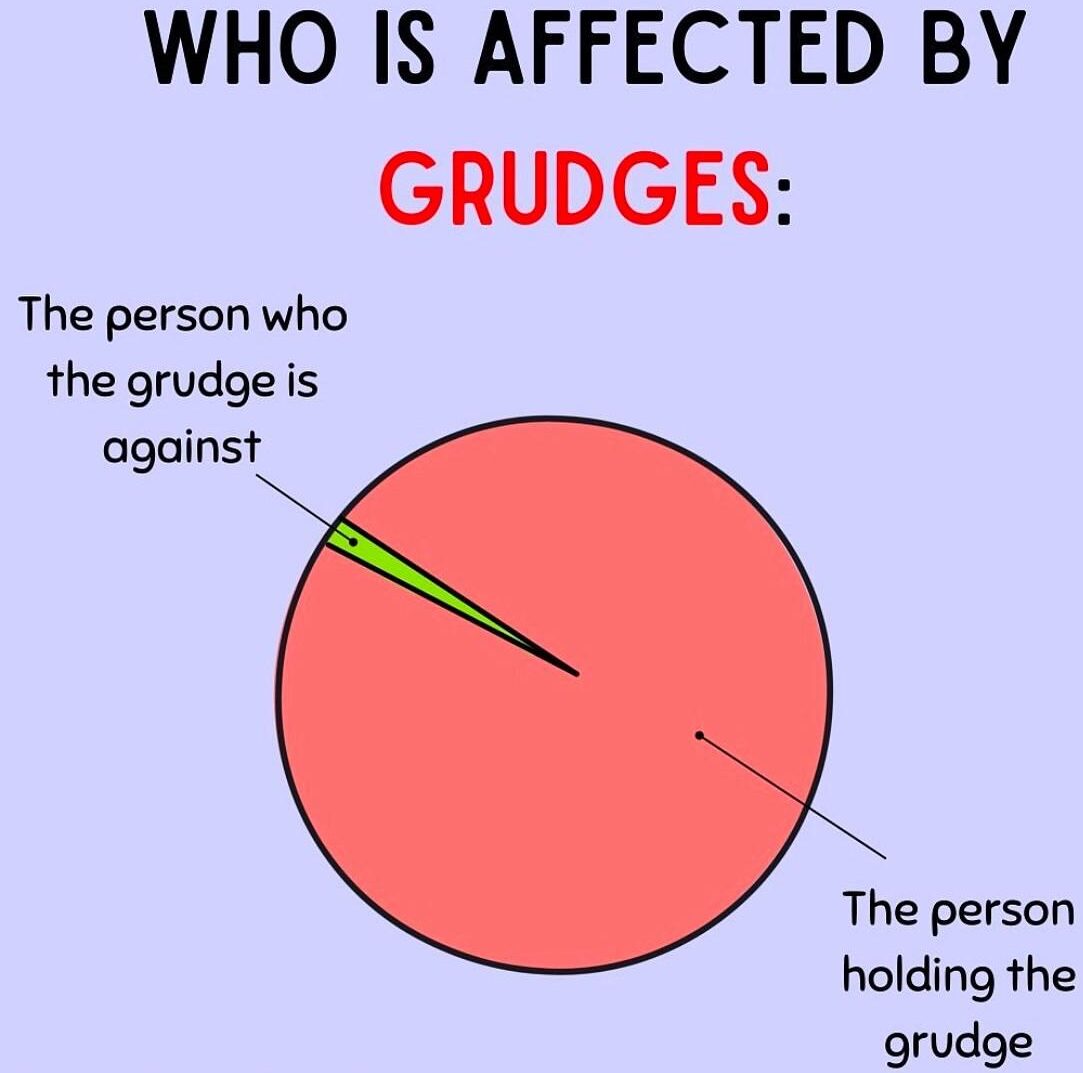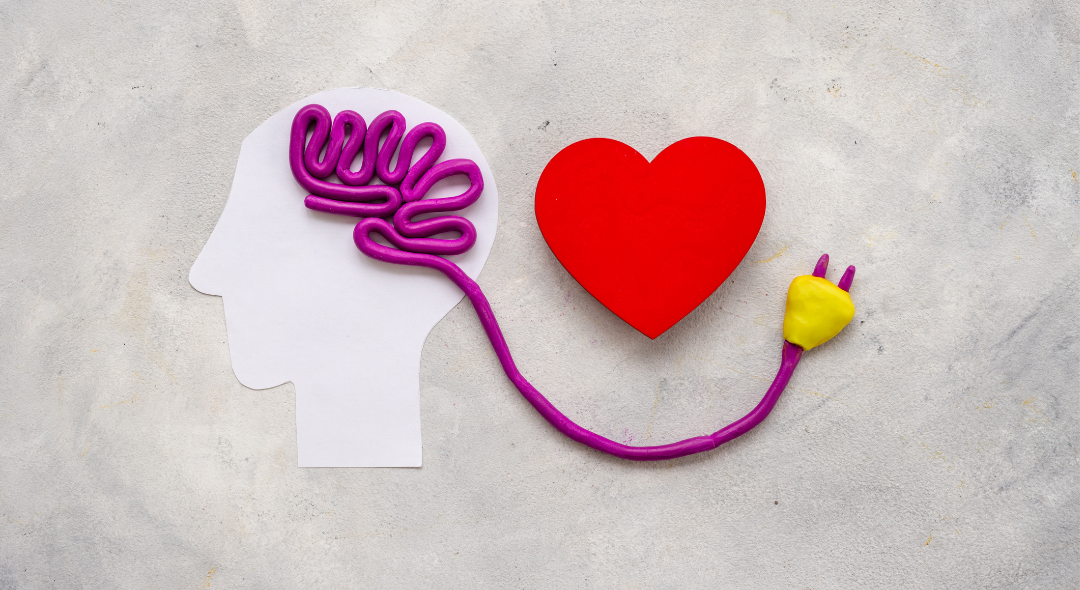Grudges are an intricate tangle of emotions – resentment, anger, and bitterness rolled into one. While it’s natural to feel wronged at times, holding onto that grudge can have long-lasting effects. But who does a grudge really hurt more – the person harboring it or the one it’s held against?

Every grudge has a beginning. It starts with an incident – perhaps a friend’s betrayal, a colleague’s unfair critique, or even a family member’s hurtful remark. Imagine a person named Sarah, who feels slighted when her close friend, Emily, forgets to invite her to a significant event. Hurt and confusion morph into anger, and Sarah begins to harbor a grudge.
Grudges stem from a deep sense of injustice. While the offender might move on, the person holding the grudge often replays the scenario in their mind, cementing the resentment.
As time passes, Sarah’s grudge grows heavier. She avoids Emily, finds herself snapping at unrelated situations, and constantly ruminates on how she was wronged. The emotional toll begins to manifest physically – sleepless nights, increased stress, and even a lack of focus.
Meanwhile, Emily, unaware of the intensity of Sarah’s feelings, goes about her life. She might feel a slight tension but doesn’t dwell on it.
Studies show that harboring resentment can lead to higher cortisol levels, chronic stress, and even heart issues. The grudge, while directed outward, festers internally, causing harm to the one holding onto it.
One day, Sarah’s bottled-up emotions erupt. She confronts Emily in an emotionally charged conversation. Emily, caught off guard, apologizes profusely, explaining that the oversight wasn’t intentional. But for Sarah, the confrontation doesn’t feel as liberating as she imagined.
This moment highlights the paradox of grudges: even when the offender acknowledges their mistake, the emotional baggage doesn’t instantly vanish. The person holding the grudge often expects relief, but instead, they’re left with a hollow feeling, realizing how much time and energy they’ve spent dwelling on the issue.
After the confrontation, Sarah begins to reflect. She notices how her grudge has affected not just her relationship with Emily but also her own well-being. She lost precious moments to negativity, allowed stress to consume her, and missed opportunities to strengthen other relationships.
Meanwhile, Emily feels remorse but soon moves forward. Her life continues, relatively unaffected in the long term.
Sarah eventually decides to let go of the grudge. She realizes forgiveness doesn’t mean condoning the action but freeing herself from its grip. As she releases the resentment, she feels lighter, sleeps better, and begins to rebuild her life with a clearer mind.
The lesson is evident: holding a grudge hurts the holder far more than the target. It’s like drinking poison and expecting the other person to suffer. By letting go, Sarah regains control over her happiness and mental peace.
Why Letting Go Is Crucial
Grudges weigh heavily on mental and physical health. Studies show that forgiveness leads to reduced stress, better relationships, and even improved immune function. It’s not about letting someone “get away” with their actions; it’s about prioritizing your well-being over lingering negativity.
So, the next time you feel a grudge forming, ask yourself: is this worth your peace of mind? The answer might save you from years of unnecessary pain.


